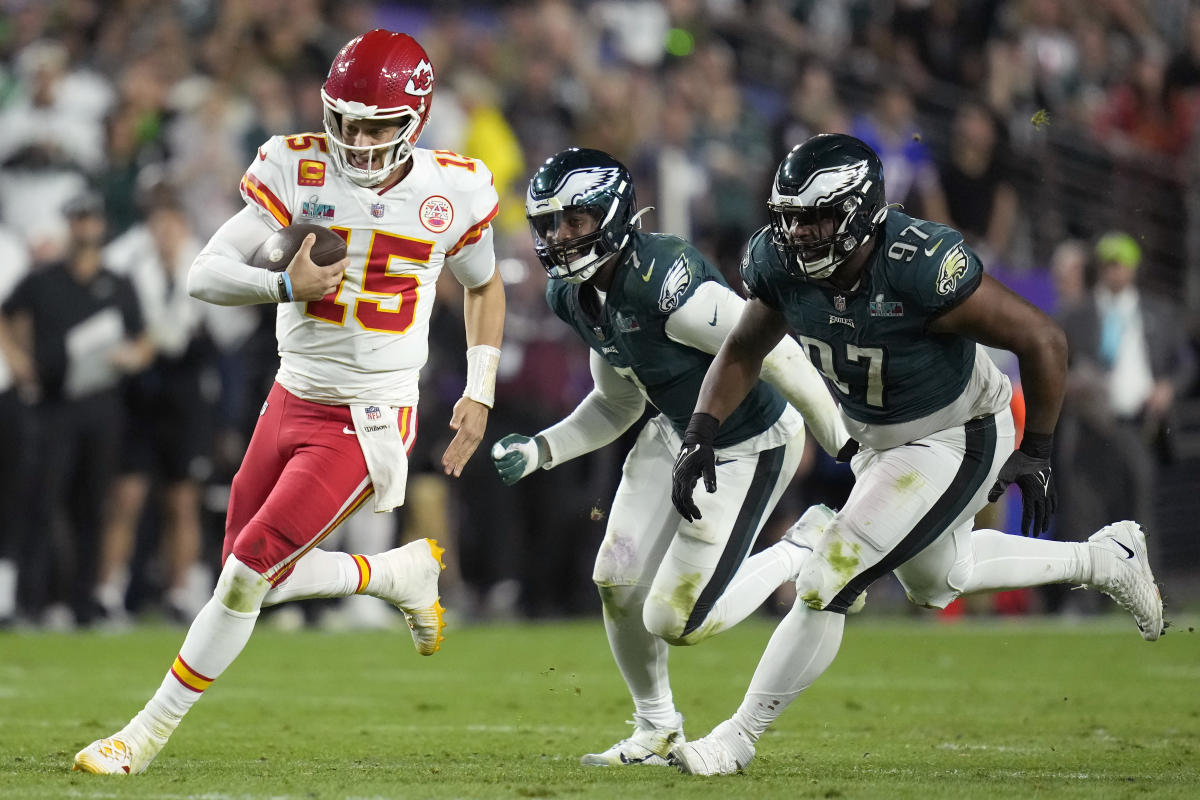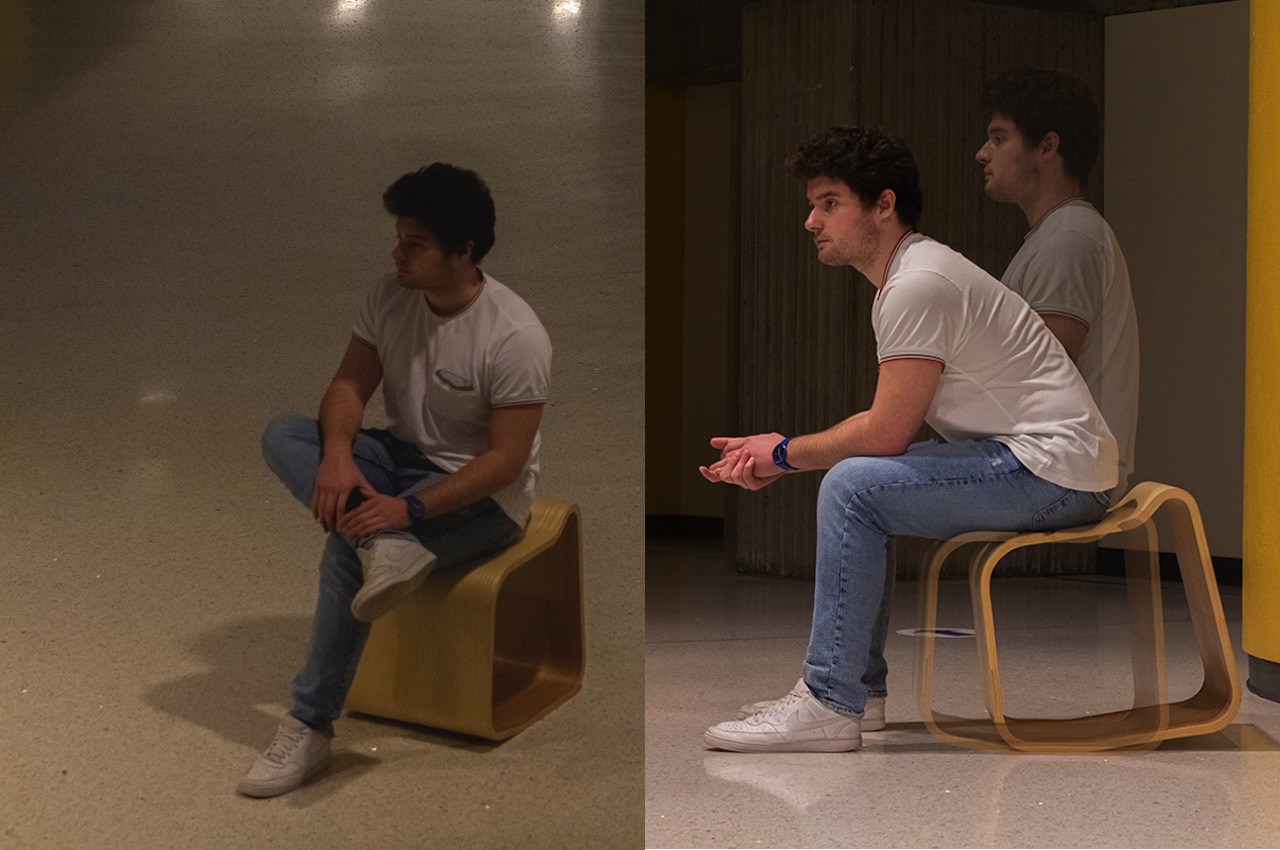#Ex-JPMorgan metals traders convicted of fraud, cleared of racketeering

Table of Contents
“Ex-JPMorgan metals traders convicted of fraud, cleared of racketeering”

Three former JPMorgan Chase traders were acquitted of racketeering and conspiracy charges in a landmark futures manipulation trial on Wednesday, although two were found guilty on other charges including fraud, a Department of Justice spokesperson said.
The bank’s former global precious metals desk head Michael Nowak, precious metals trader Gregg Smith and salesperson Jeffrey Ruffo had been charged by the Justice Department with racketeering and conspiracy in the agency’s most aggressive case to date targeting a manipulative futures trading tactic known as spoofing.
All three men, who had pleaded not guilty, were acquitted of racketeering and conspiracy. Nowak was convicted on 13 other charges including fraud, spoofing and attempted market manipulation, and Smith was convicted on 11 charges. Ruffo, who was only charged with racketeering and conspiracy, was acquitted of both.
Spoofing involves placing and then quickly canceling buy or sell orders to falsely create the impression of high demand or supply. The three defendants were accused of using the tactic to manipulate futures on metals such as gold, silver, platinum and palladium between 2008 and 2016.
“While we are gratified that the jury acquitted Mr. Nowak of racketeering and conspiracy, we are extremely disappointed by the jury’s verdict on the whole, and will continue to seek to vindicate his rights in court,” Nowak’s attorney David Meister said.
Attorneys for Smith and Ruffo did not immediately provide comment.
Attorneys for Nowak and Smith argued during the trial that their orders were not fraudulent. Ruffo was not a trader, and there is no evidence that he understood others were using illicit tactics, his attorney said during opening arguments.
Spoofing was outlawed in 2010 when Congress passed the Dodd-Frank Act after the financial crisis. Since then, prosecutors have argued that earlier instances constituted fraud.
The racketeering statute, a federal law enacted in 1970 to take down the mafia, is rarely used to prosecute corporate crime. It allows prosecutors to charge a group of individuals, including those indirectly involved in alleged wrongdoing, on the basis they participated in a “criminal enterprise.” It allows prosecutors to seek harsh sentences if the defendants are convicted.
“Today’s verdict highlights the difficulty of proving that traders and sales traders on a desk operated a ‘criminal enterprise’ or ‘engaged in a conspiracy’ to commit violations,” said Robert Frenchman, a partner at Mukasey Frenchman LLP in New York, who has worked on other spoofing cases.
If you liked the article, do not forget to share it with your friends. Follow us on Google News too, click on the star and choose us from your favorites.
For forums sites go to Forum.BuradaBiliyorum.Com
If you want to read more News articles, you can visit our News category.




